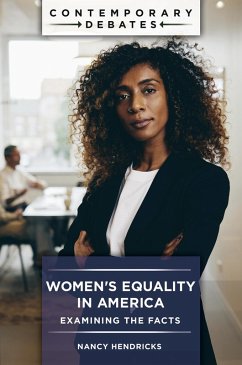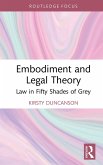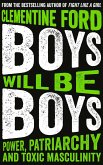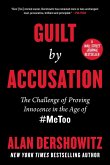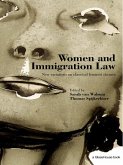Written in vivid prose and with a keen eye for detail, Women's Equality in America is a valuable resource for understanding the issues and trends that dominate public discourse in discussions of women's rights and gender equality in America.
Since its inception, the women's equality movement in America has been criticized for moving too slowly, moving too quickly, being too demanding, or not being demanding enough. Some of its goals have aroused passionate opposition in those who believed women's equality contradicted not only basic human biology, but also the word of God. Meanwhile, Americans voice starkly different opinions about where women stand in their quest for equality in American workplaces, classrooms, boardrooms, and homes.
Women's Equality in America: Examining the Facts presents sensibly organized and accurate summaries of the relevant facts concerning all of these claims and counterclaims. But while the volume is primarily concerned with providing an accurate picture of the state of women's equality in the 21st century, it also provides vital contextual coverage of major historical turning points and important historical figures, from leaders of the Seneca Falls women's rights convention in 1848 to the organizers of the #MeToo movement.
Since its inception, the women's equality movement in America has been criticized for moving too slowly, moving too quickly, being too demanding, or not being demanding enough. Some of its goals have aroused passionate opposition in those who believed women's equality contradicted not only basic human biology, but also the word of God. Meanwhile, Americans voice starkly different opinions about where women stand in their quest for equality in American workplaces, classrooms, boardrooms, and homes.
Women's Equality in America: Examining the Facts presents sensibly organized and accurate summaries of the relevant facts concerning all of these claims and counterclaims. But while the volume is primarily concerned with providing an accurate picture of the state of women's equality in the 21st century, it also provides vital contextual coverage of major historical turning points and important historical figures, from leaders of the Seneca Falls women's rights convention in 1848 to the organizers of the #MeToo movement.

